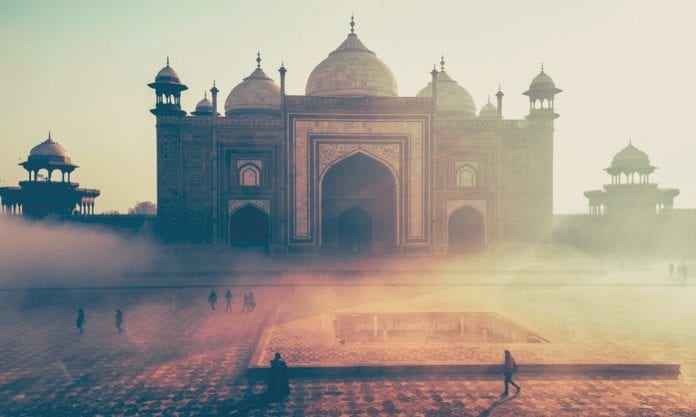While the Narendra Modi government of India seeks strong regulation which will reject cryptocurrency, it has widely accepted blockchain.
Blockchain is so popular in India, finance minister, Arun Jaitley, announced plans to adopt blockchain in his recent budget speech.
“The government will explore use of blockchain technology proactively for ushering in the digital economy,” Jaitley elaborated.
Blockchain, which underscores cryptocurrency like Ethereum and Bitcoin, is a digital, decentralized public ledger of all cryptocurrency transactions. Essentially, blockchain is a bookkeeping platform that can be accessed by anybody on the internet while owned by nobody anywhere. “Once you have a blockchain, the big spreadsheet in the cloud serves as a record-keeping system that can’t be forged and can’t be reversed,” describes Nicolas Cary, co-founder and president of a company called Blockchain.
Some areas of India find blockchain to be an effective countermeasure for various types of fraud.
The southern Indian state of Andhra Pradesh is already working with Swedish startup ChromaWay to set up a blockchain-based land registry system that allows citizens to collateralize property, get loans, and invest against that asset. This system is under consideration in the hopes that it will prevent disputes, fraud, error and the bureaucratic hassle related to registration and title transfer.
Chromaway’s chief security analyst, August Botsford, told Quartz “
Block Summary
Market Summary
Transaction Summary
Hash Rate and Electricity Consumption
Blockchain can also put an end to other fraud like identity theft since hacking is already a major concern for many Indians. Blockchain can manage digital IDs in order to prevent theft. An industry professional explained how “currently, if you sign up or pay for something on the internet, you turn over unencrypted personal info that gets stored all over internet…creating a honeypot that attracts attackers to breach that service.” Blockchain circumvents this strong potential for ID theft because only encrypted, relevant information will be released when and if necessary.
Partnerships are forming in various parts of the country to enhance the security of blockchain technology applications.
Andhra Pradesh continues to enhance its futuristic, progressive economic model by entering into a partnership with cybersecurity firm WISekey, making the state a leader in securing citizen’s data as well.
The Maharashtra government is imploring industry leaders to devise ways of incorporating blockchain into e-governance platforms. “The government is one of the biggest data creators and data consumers. Blockchain will bring in more efficiency, transparency, accountability, and accessibility in data flows,” the state’s chief minister, Devendra Fadnavis, explained at the Jan 17 Maharashtra Technology Summit (MTech).
Some banks still have faith in blockchain despite India’s regulation of cryptocurrency.
For example, Reserve Bank of India already uses blockchain technology for overseas transactions and international remittances. Sapan Gupta, the national practice head of banking and finance at law firm Shardul Amarchand Mangaldas, explained why India’s government seems to seek strict regulation of cryptocurrency despite willingly embracing blockchain in other types of transactions. “By segregating the use of blockchain from cryptocurrency reflects the government’s intention to use
Block Summary
Market Summary
Transaction Summary
Hash Rate and Electricity Consumption
As of January 2018, there are over 40 Indian startups developing blockchain technologies in various industries like finance, healthcare, cybersecurity, and logistics, according to Sangeeta Devni. Although India may have opted for strong regulation of cryptocurrency for now, the country’s progressive applications of blockchain mean things could change in the future. Will we ultimately see something like Bitcoin replace the rupee?
(To learn more about blockchain security, read More Private and Affordable Internet Service is in the future with help from a Blockchain Platform.)

















